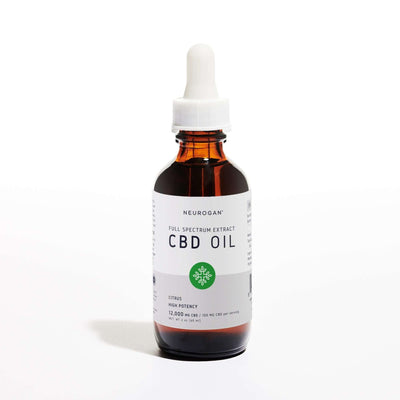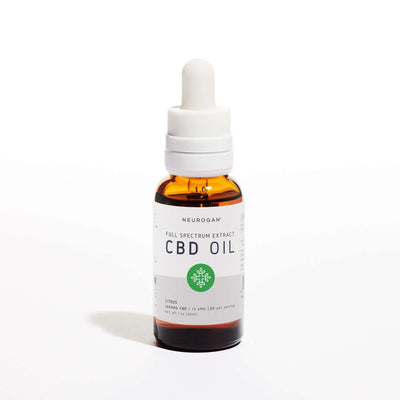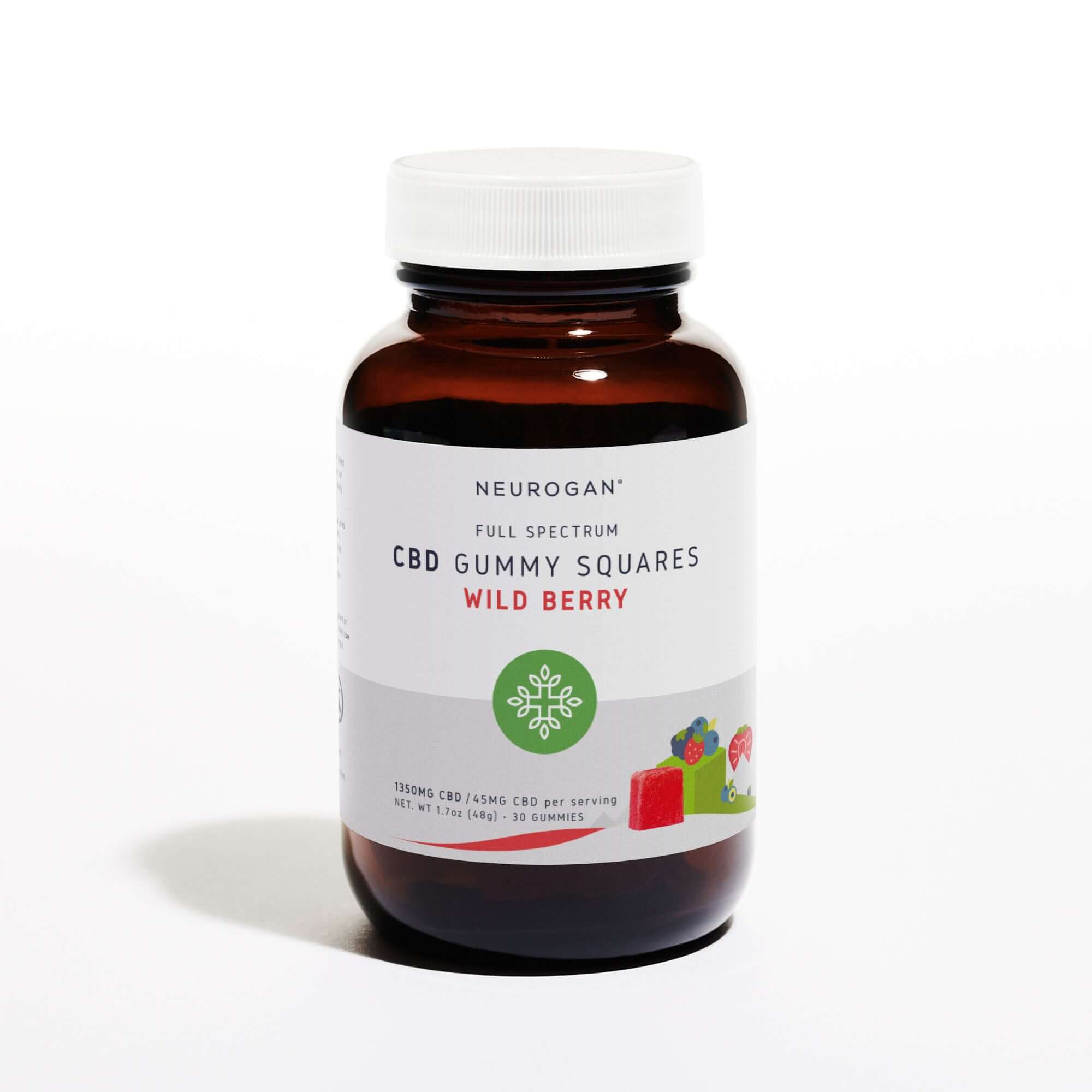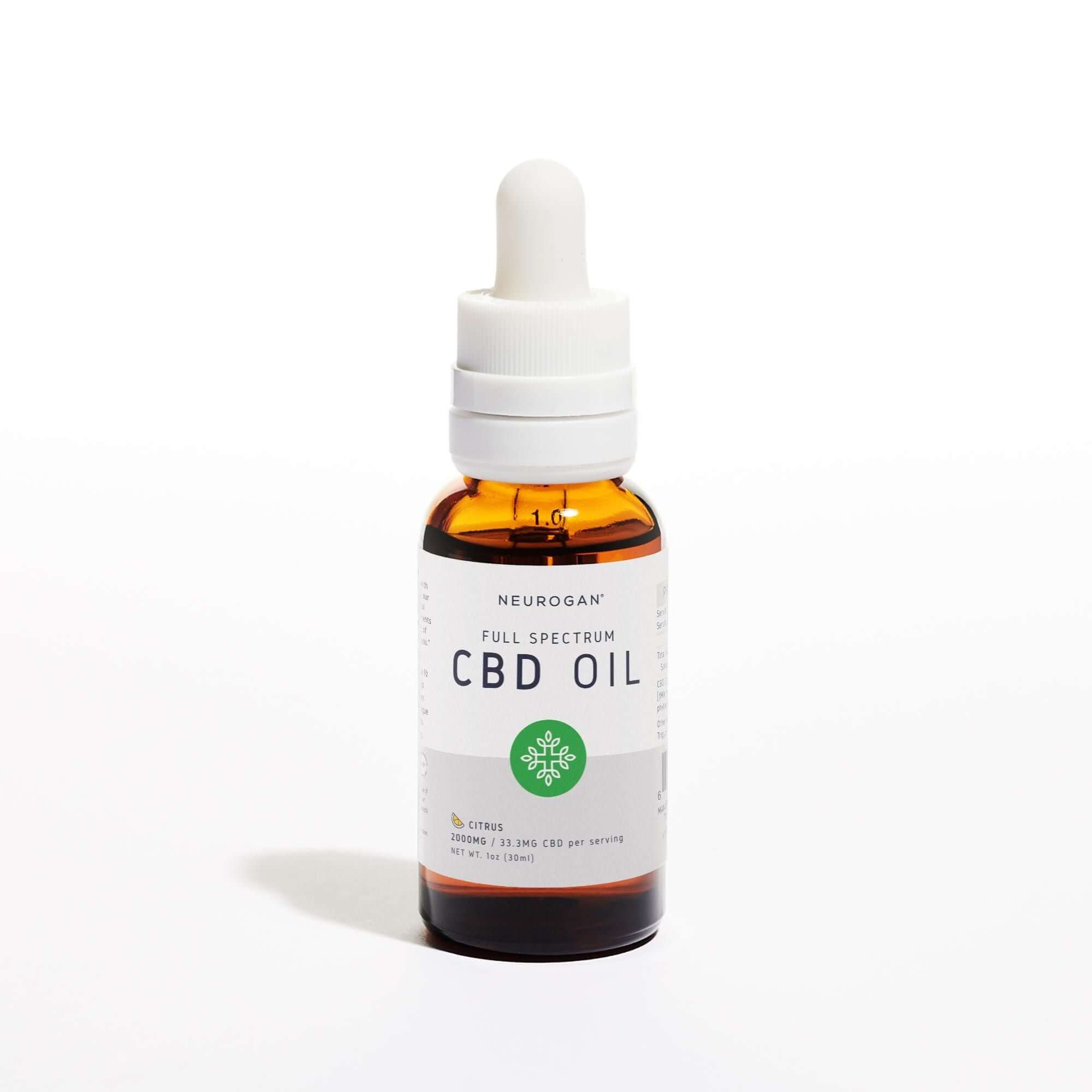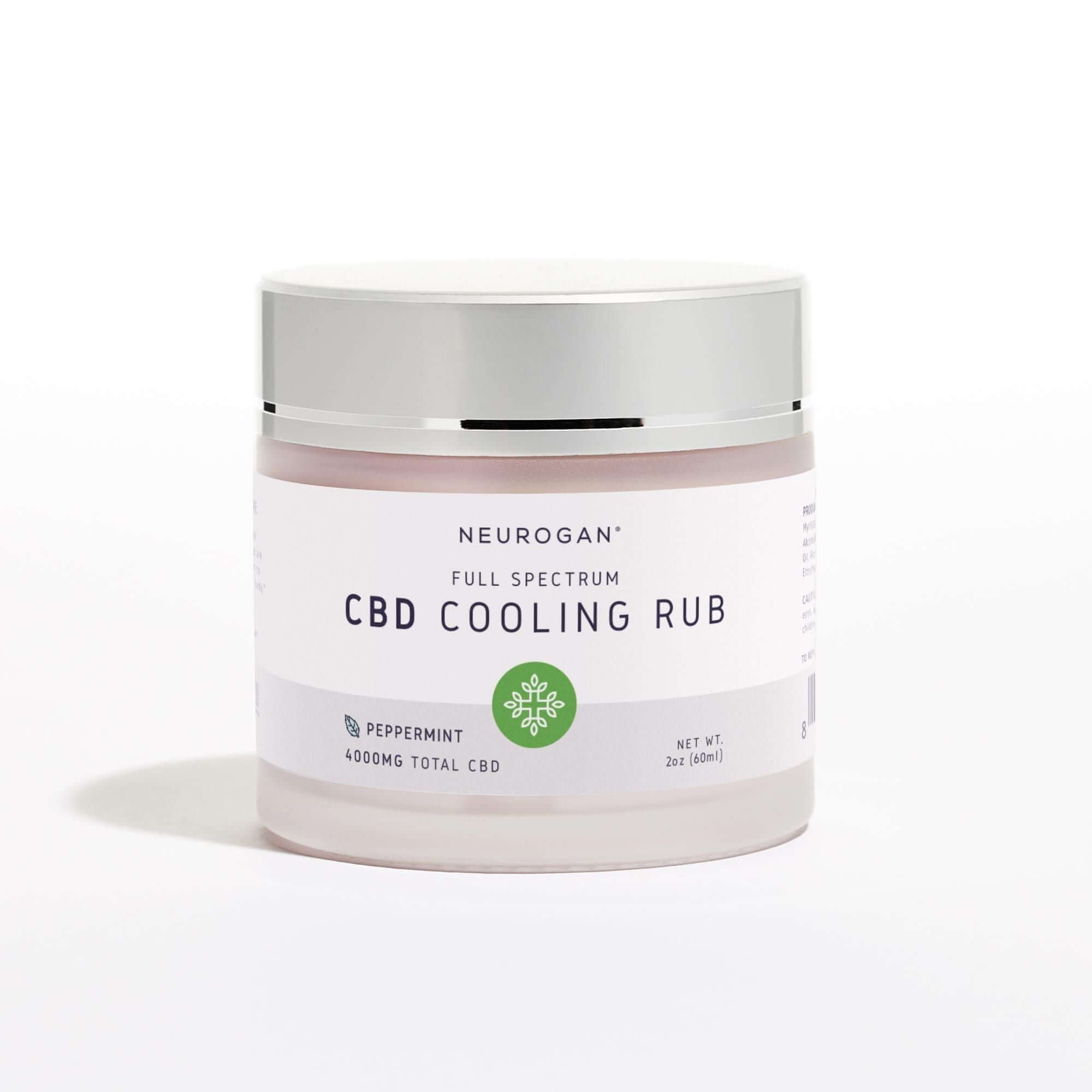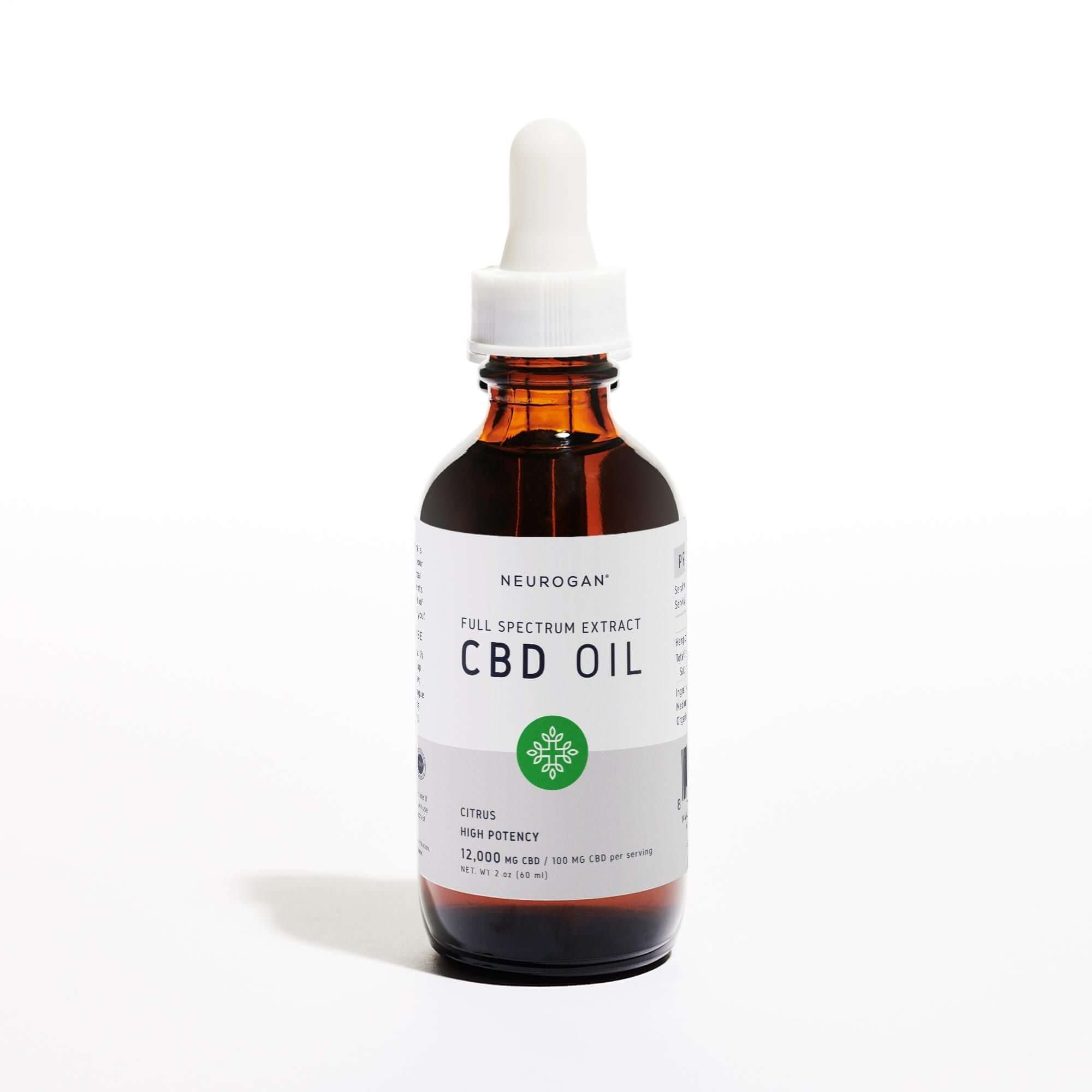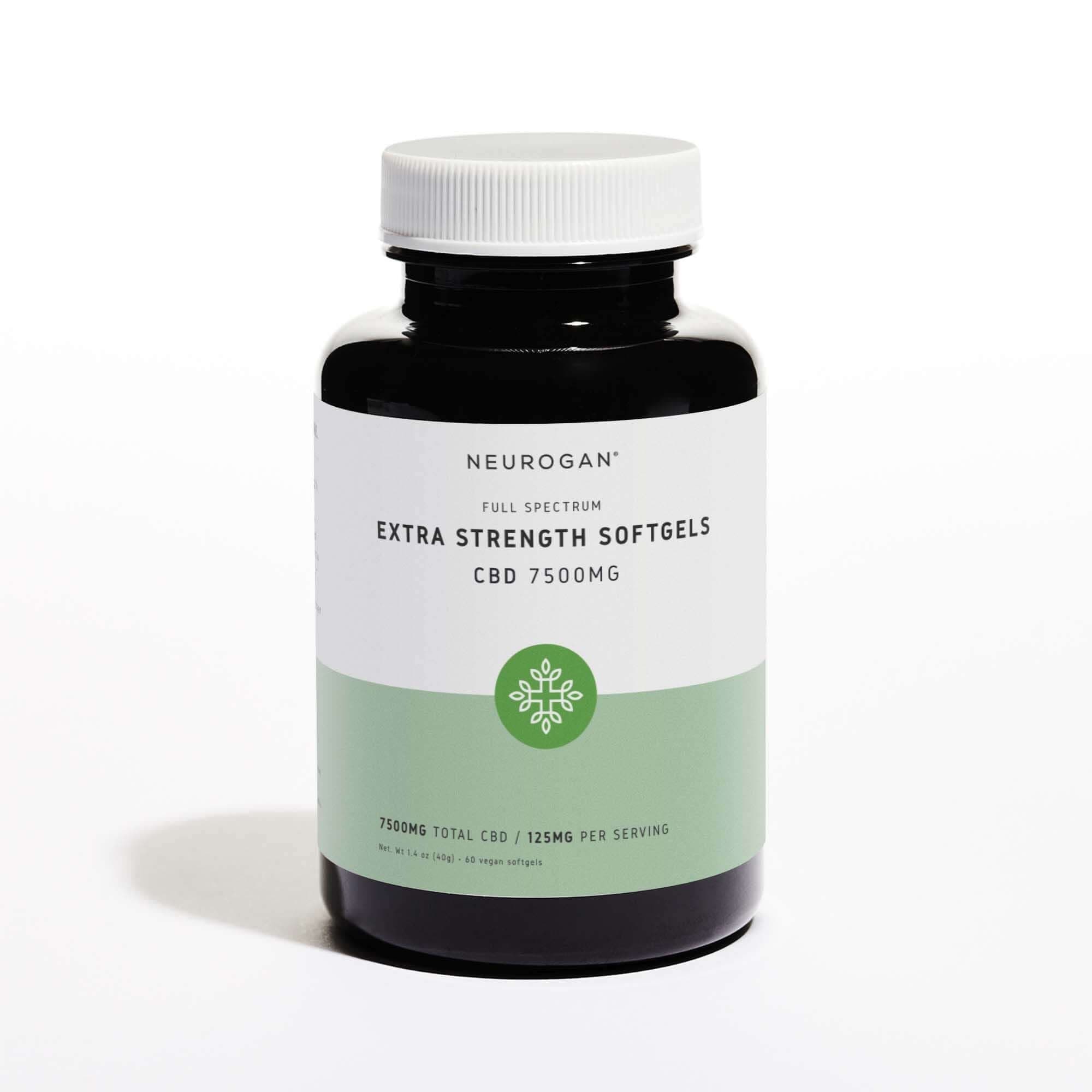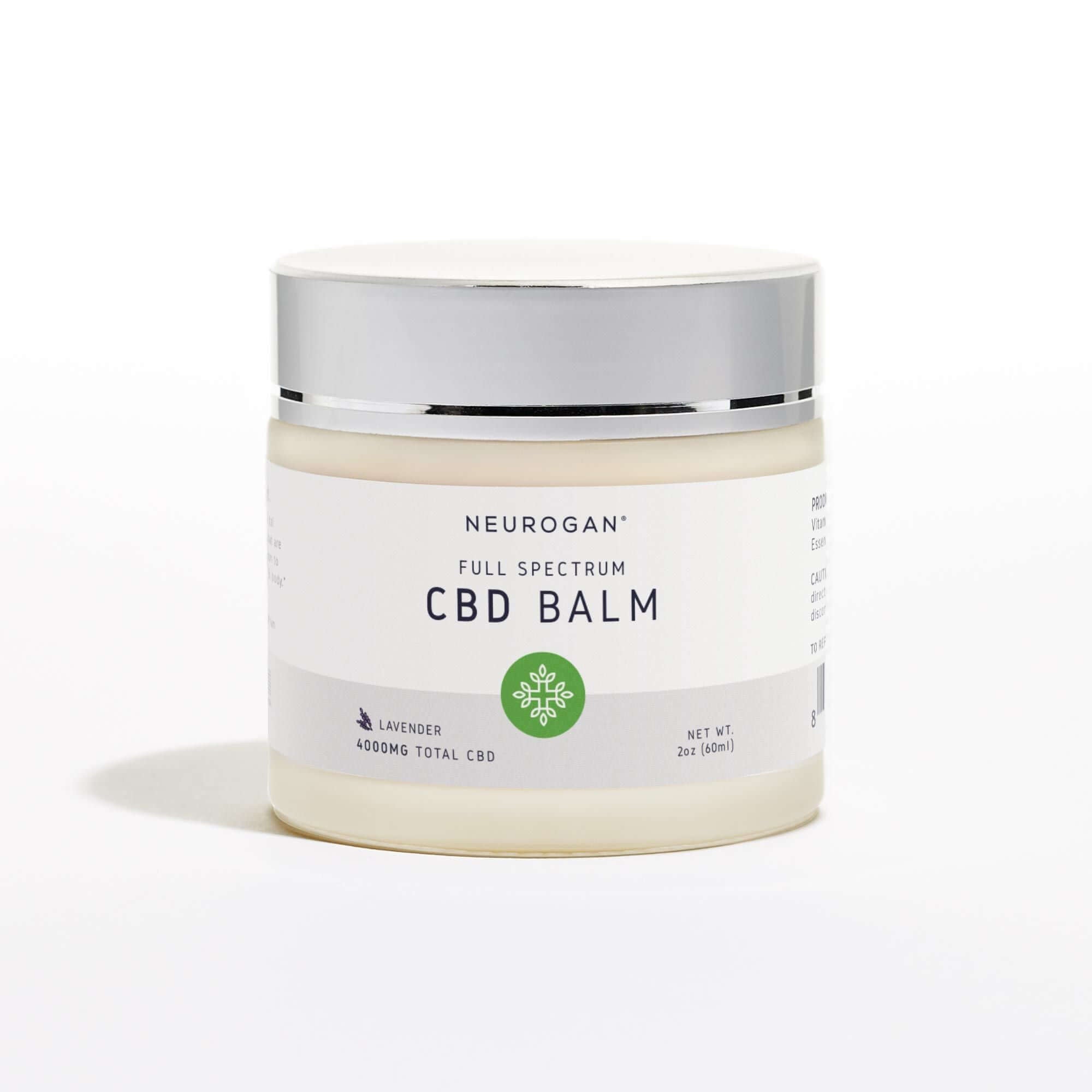Is hemp environmentally sustainable with the right practices in place? And if so, how exactly does hemp earn its inherent sustainability status?
For years now people have been pushing for the legalization of cannabis farming and cannabinoid manufacturing in the U.S. The motivation for this comes from the idea of hemp sustainability. Which refers to the use of hemp and other cannabinoid products in practices that take us towards a more eco-friendly and sustainable future.
Let's find out!
What Is Hemp?

Hemp comes from the plant family Cannabis sativa [1]. The Cannabis sativa plant is better known for hemp's cousin derivative, marijuana.
Although it is to be noted, marijuana and hemp differ in their phytochemical composition, the latter contains less tetrahydrocannabinol (THC). THC is the cannabinoid that gives marijuana the ability to make a person high [2]. The trace levels of THC in hemp make it a non-psychotropic substance that pushed moved its legal status with the US Farm Bill allowing for therapeutic and industrial use [3].
Industrial-grade hemp flowers and stalks are used for biodegradable rope, paper, hemp fabric, wax, and medication*. While hemp seeds are processed into an oil that can be used for food products and cosmetics
*Most cannabis products are yet to be approved by the FDA for medical purposes. The only cannabis-containing medicine approved for human usage is an anti-epileptic drug [4].
How Environmentally Friendly Are Hemp Crops?
When you think of environmentally friendly materials, hemp probably isn't the first thing that comes to mind. However, this natural fiber has some impressive environmental credentials. Hemp is renewable, biodegradable, and requires minimal use of water and pesticides.
1. Hemp Crops & Green House Effect
The greenhouse effect is when the gases produced by the earth, carbon dioxide, methane, and water vapor trap the heat that comes into the earth [5]. This causes an increase in the earth's surface temperature.
This effect has seen a recent exacerbation due to the rapid increase in the environment's carbon dioxide levels [6]. Unless controlled, carbon dioxide levels will continue to rise causing jeopardy in terms of climate change.
Generally, plants of any kind are known to help slow down climate change by absorbing environmental carbon dioxide. Hemp is particularly efficacious in this regard. For every tonne of hemp that is cultivated, 1.63 tonnes of carbon dioxide is sequestered from the atmosphere [7].
Along with removing carbon dioxide from the air, hemp provides us with more sustainable options to replace carbon dioxide-emitting sources.
For example, using hempcrete for insulation in place of insulating materials like fiberglass greatly reduces carbon emissions by cutting the source and absorbing it from the air [8].
2. Hemp As Biofuel
Fossil fuel extraction and usage greatly contribute to our carbon footprint [9]. While the world has discovered less damaging forms of fuel, known as biodiesel [10]. The problem is that they require a large area of potent soil for plantation and cultivation in order to produce raw material for the fuel.
Hemp is a sustainable option since it can grow in poor soil conditions and uses little land while producing more crops per acre of ground [11]. The fuel is made from hemp seeds instead of the stalk, reducing waste (since seeds are usually discarded) generated in the process.
As far as renewable energy sources go, hemp is a winner beginning to end since from cultivation to being used as a fuel, it's helping us solve the world's climate change problem.

3. Industrial Hemp Naturally Resistant To Disease and Pests
The use of pesticides has been known to contribute to the aforementioned greenhouse effect. In fact, a report says that as much as 30% of the global emissions contributing to climate can be credited to agricultural activities, with pesticides being a leading culprit [12].
Hemp is naturally resistant to pests and other forms of infestations. This means growing hemp crops would not require these environmentally-damaging chemicals. This is in contrast to other industrially important plants like cotton, which require a great amount of pesticide to grow in high yields.
Using hemp instead of pesticide-requiring plants would greatly reduce the number of carbon emissions created in the process.
4. Hemp Doesn't Require A Lot Of Water
With the increasing demand for food and industrial raw material, the world naturally needs to increase its agricultural activity. Which is a bit of a challenge given the global water crisis [13].
In such times, cultivating plants like hemp is a good idea because it uses little water. In fact, it uses about 50% less water compared to plants like cotton, making it a sustainable industry source [14].
What Are The Most Environmentally-Friendly Ways To Make CBD Oil?

CBD oil is the end product of hemp flower extraction and distillation. It has a variety of industrial and therapeutic uses [15]. While CBD oil can be extracted using a number of techniques, the two most environmentally-friendly ones include CO2 extraction and ethanol solvent extraction.
Both these techniques are also known to produce the best quality CBD oil [16].
1. CO2 Extraction
The CO2 extraction of hemp can be done at a subcritical or supercritical level, which refers to the gas pressure used for the extraction process.
During this process, hemp is added to a chamber full of carbon dioxide. At supercritical pressure levels, the gas acts as a solvent to essentially "wash" the hemp flowers, separating the cannabinoid and terpene-rich resin from the larger organic plant materials.
This solution is then passed onto a separator, where the CO2 is separated to be used again while the hemp compounds are distilled from the solution, finally giving us hemp extract.
2. Solvent Extraction (Ethanol)
In this case, the solvent, ethanol, is run through the hemp plant matter, stripping the components of the plant into the solvent, creating a hemp-ethanol solution.
This solution is then heated. The ethanol gets evaporated while the CBD oil residue remains.
While this method is easier, it's notorious for sometimes denaturing the oil or stripping it of essential elements like chlorophyll that may alter the properties of the product.
Why You Should Purchase CBD Oil Farmed & Produced In The USA
While CBD oil is available in a number of regions, you should stick to purchasing it from US-sourced companies. This is because cannabis and cannabis-related products such as CBD oil are monitored by the FDA [17]. This protects you from products that may be harmful to your health if used and ensures basic quality control. The hemp industry in the US is by far the most reliable.
Farming practices, especially industrial hemp farming is strictly regulated in the U.S [18]. This means only licensed farmers can grow hemp and the cultivated plant is checked for its THC component to assure its usability. So you know what you're getting is a legit product with no contamination.
How Can You Tell If Your CBD Oil Is Sustainable?
While the hemp industry is considered somewhat more sustainable than many other crops, it's important to know if the particular CBD oil you're getting is sustainable or not. Here are some things to look out for:
Research The Company's Practices
From industrial hemp farming to CBD oil extraction, it's important to know what practices the company employs for each step. Ask the company about its farming practices, make sure it's not using pesticides or herbicides in the growing process.
Research about how the company harvests its crops, whether the machinery they use uses too much fuel or not, whether transportation is sustainable or not.
And finally, look up what extraction method the company uses. Ideally, it should be using CO2 extraction or solvent extraction, since these are the most eco-friendly CBD oil extraction techniques.
While most consumers tend to miss it, it's also important to pay attention to the packaging of the hemp product. A product that uses non-recyclable, plastic packaging beats the whole purpose of sustainability, so make sure the product you're purchasing has sustainable packaging as well.
Look At The Certificate of Analysis for Contaminants
While pure CBD oil is safe and a sustainable product, it is often found to have contaminants that are bad for human health and the environment [19]. These can include metals like lead, magnesium, copper, mercury, or other contaminants like bacteria, terpenes, and petroleum.
Due to this, it's important to check a certificate of analysis that claims that this particular CBD oil product has been checked and certified free of contaminants.

The Takeaway: Is Hemp Sustainable?
While the legalization of cannabis and its related products still needs clarification, it is clear that hemp provides us with stainable options that can provide long-term environmental and economic benefits in the future.
Industrial hemp products such as hemp fiber and hemp seeds have the potential to replace many industrially important yet non-sustainable materials like cotton while hemp fuel can possibly be the best renewable energy source credit to its low-input farming requirements.
Lastly, the CO2 sequestration effect of the hemp plant solves a big environmental problem simply by existing.
With the correct farming, harvesting, and extraction methods in place, hemp and its related compounds surely have the potential to change the game in terms of fighting climate change and pushing the world towards discovering better, more sustainable resources in the near future.
FAQ
What Is Hemp?
Hemp belongs to the Cannabis sativa plant family. Marijuana is the most well-known relative of Cannabis sativa. Although the phytochemical contents of marijuana and hemp differ, the latter has less tetrahydrocannabinol (THC). THC is the cannabinoid in marijuana that induces euphoria.
Is Hemp Legal?
The trace quantities of THC in hemp make it a non-psychotropic substance, and the US Farm Bill changed its legal status to allow for therapeutic and industrial use. Hemp flowers and stalks are used in the production of biodegradable rope, paper, hemp fabric, wax, and medication*. While hemp seeds are converted into an oil that can be used in food and cosmetics.
What Are the Most Eco-Friendly Methods of Producing CBD Oil?
CBD oil is the end result of the extraction and distillation of hemp flowers. It has a wide range of industrial and medicinal applications. While CBD oil can be extracted using a variety of methods, the two most environmentally friendly are CO2 extraction and ethanol solvent extraction, both of which provide the highest quality CBD oil.
Is Hemp Sustainable?
While the legalization of cannabis and its derivatives remains unclear, it is evident that hemp presents us with sustainable solutions that can provide long-term environmental and economic benefits in the future. With the proper planting, harvesting, and extraction processes in place, hemp and its related compounds have the potential to alter the game in terms of combating climate change and advancing the world's search for better, more sustainable resources in the near future.
References:
- Andre, C. M., Hausman, J. F., & Guerriero, G. (2016). Cannabis sativa: the plant of the thousand and one molecules. Frontiers in plant science, 7, 19.
- Fusar-Poli, P., Crippa, J. A., Bhattacharyya, S., Borgwardt, S. J., Allen, P., Martin-Santos, R., ... & McGuire, P. K. (2009). Distinct effects of Δ9-tetrahydrocannabinol and cannabidiol on neural activation during emotional processing. Archives of general psychiatry, 66(1), 95-105.
- Manaia, J. P., Manaia, A. T., & Rodriges, L. (2019). Industrial hemp fibers: An overview. Fibers, 7(12), 106.
- Office of the Commissioner. (2020, March 5). What You Need to Know (And What We’re Working to Find Out) About Products Containing Cannabis or Cannabis-derived Compounds, Including CBD. U.S. Food and Drug Administration. https://www.fda.gov/consumers/consumer-updates/wh...
- Bolin, B., & Doos, B. R. (1989). Greenhouse effect.
- Lindsey, R. (2020, August 12). Climate Change: Atmospheric Carbon Dioxide | NOAA Climate.gov. Climate.Gov. https://www.climate.gov/news-features/understandi...
- Kowalski, K. (2021, April 1). Exploring the Environmental Benefits of Hemp. Volteface. https://volteface.me/environmental-benefits-hemp/...
- Bedlivá, H., & Isaacs, N. (2014). Hempcrete–an environmentally friendly material?. In Advanced Materials Research (Vol. 1041, pp. 83-86). Trans Tech Publications Ltd.
- Lanese, N. (2021, September 10). Strict caps must be set on fossil fuel extraction to meet climate goals, study finds. Livescience.Com. https://www.livescience.com/fossil-fuel-extractio...
- Alternative Fuels Data Center: Biodiesel Fuel Basics. (n.d.). Alternative Fuels Data Center. https://afdc.energy.gov/fuels/biodiesel_basics.ht...
- Buckley, C. (2015, October 14). Hemp Produces Viable Biodiesel, UConn Study Finds. UConn Today. https://today.uconn.edu/2010/10/hemp-produces-via...
- Climate Change & Pesticides | Californians for Pesticide Reform. (n.d.). Californians for Pesticide Reform. https://www.pesticidereform.org/climate-change/
- Reid, K. (2021, August 15). Global water crisis: Facts, faqs, and how to help. World Vision. Retrieved November 14, 2021, from https://www.worldvision.org/clean-water-news-stor...
- Palmer, B. (2011, April 12). High on Environmentalism. Slate Magazine. https://slate.com/technology/2011/04/hemp-versus-...
- Grinspoon, P., MD. (2021, September 24). Cannabidiol (CBD)-what we know and what we don’t. Harvard Health. https://www.health.harvard.edu/blog/cannabidiol-c...
- Vitality CBD. (n.d.). Which CBD oil extraction method is the best? https://vitalitycbd.co.uk/pages/which-cbd-oil-ext...
- U.S Food and Drug Association. (2021, January 22). FDA Regulation of Cannabis and Cannabis-Derived Products, Including Cannabidiol (CBD). U.S. Food and Drug Administration. https://www.fda.gov/news-events/public-health-foc...
- Hudak, J. (2018, December 13). The Farm Bill, hemp legalization and the status of CBD: An explainer. Brookings. https://www.brookings.edu/blog/fixgov/2018/12/14/...
- Surat P, PhD. (2019, January 23). Potential Contaminants in CBD and THC Oils. News-Medical.Net. https://www.news-medical.net/life-sciences/Potent...





